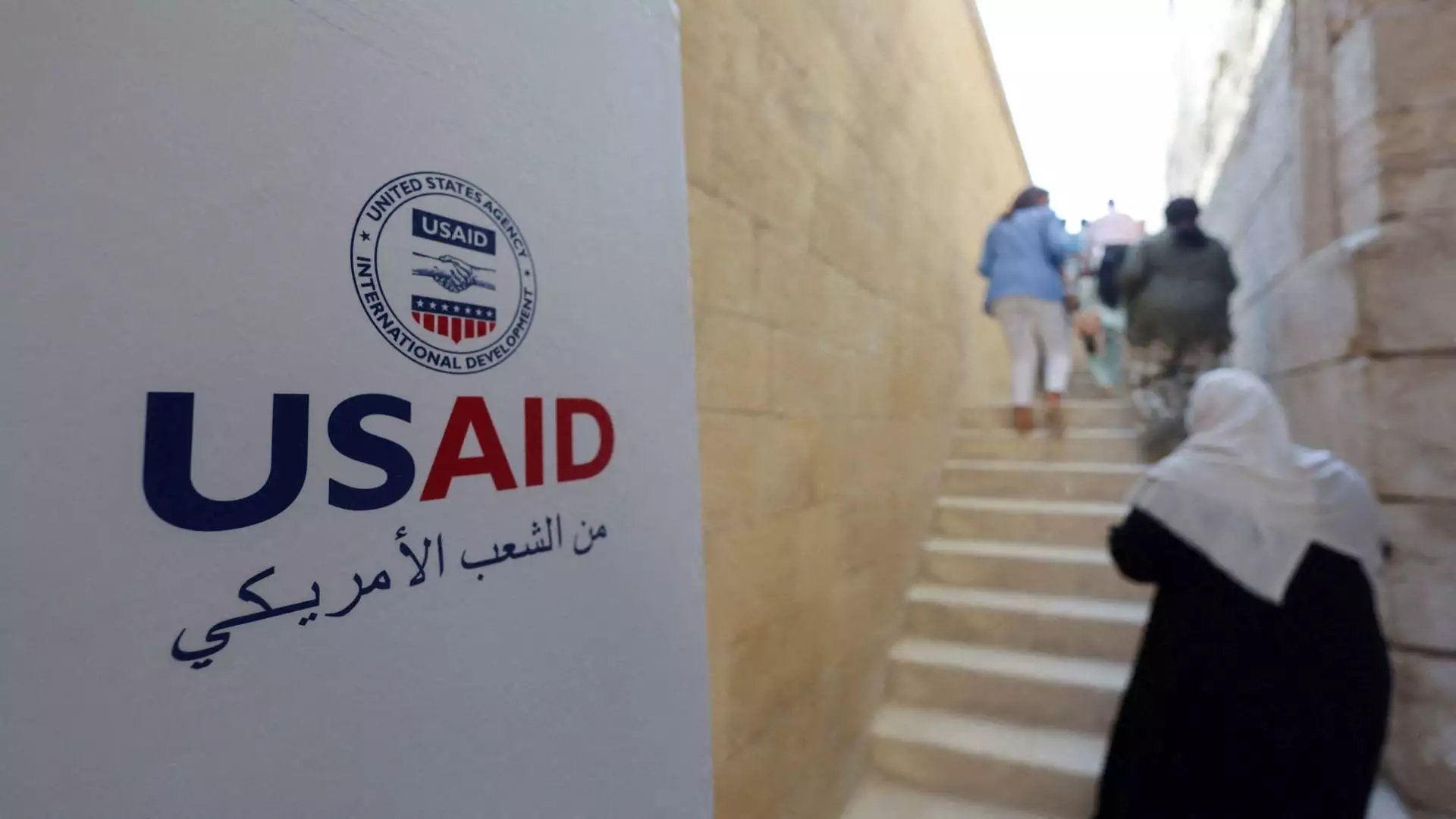In recent weeks, the United States Agency for International Development (USAID) has found itself embroiled in a shocking security crisis that has raised serious questions about internal governance and external oversight. This tumultuous episode began when the agency’s Director of Security, John Voorhees, and his deputy, Brian McGill, were placed on administrative leave following an alarming incident involving the Department of Government Efficiency (DOGE). Reports reveal that the DOGE team sought to access sensitive USAID systems, including personnel files and security information, raising concerns about the potential misuse of classified data.
The conflict between USAID and DOGE escalated dramatically when the latter attempted to bypass security protocols designed to protect classified information. Sources indicate that certain DOGE employees were determined to access secure systems without the necessary security clearances, which prompted a firm refusal from USAID’s security leadership. The situation intensified when DOGE employees allegedly threatened to involve the U.S. Marshals, asserting their authority to gain access. This troubling development highlights not only a breakdown in communication between federal agencies but also the broader implications of accountability and oversight in governmental operations.
Katie Miller, a figure with ties to the Trump administration and currently affiliated with DOGE, publicly downplayed the severity of the situation via a post on X (formerly Twitter), asserting that no classified material had been accessed improperly. However, the insistence of DOGE on accessing sensitive information raises substantial questions regarding their motivations and the overall intent behind their actions.
Following these events, both Voorhees and McGill were placed on administrative leave, indicative of the chaos gripping USIDA’s top echelons. Compounding this turmoil, the DOGE team eventually succeeded in accessing the secure systems, yet the extent of the information obtained remains unverified. The ramifications of these actions extend beyond individual careers and reach into the heart of the agency’s operations.
As if the internal upheaval wasn’t sufficient, the agency’s official website, USAID.gov, suddenly went offline during this crisis, leading to speculation about the agency’s overall stability and organizational health. The silence from both USAID and DOGE regarding this outage adds to the mystery and concern surrounding the agency’s future amid these significant challenges.
Adding another layer to this saga, prominent figures such as Elon Musk, who holds dual roles as a technology mogul and co-head of DOGE, have publicly called into question USAID’s integrity. Musk’s incendiary remarks, including calling for the agency “to die,” while characterizing it as a “criminal organization,” could signify an unprecedented push for drastic bureaucratic change. His comments, however, lack substantiating evidence and exemplify the charged atmosphere prevailing in the political arena, often at the expense of factual discourse.
Moreover, discussions have emerged amongst Trump administration officials contemplating the reorganization of USAID under the State Department’s umbrella. This proposed shift has met with widespread opposition from Democrats and legal scholars, who argue it undermines legislative foundations that established USAID’s independence.
Amidst these drastic developments, USAID’s workforce began feeling the repercussions. Reports indicate that over 1,000 employees and contractors have been terminated or furloughed in the wake of administrative freeze instituted by the government. This figure includes staff from crucial departments, such as the Bureau of Global Health and the Bureau of Humanitarian Assistance. The reduction in workforce not only threatens the agency’s operational capabilities but also wreaks havoc on employee morale.
One unnamed USAID official expressed anxiety about personal safety in the workplace, reflecting the fear pulsing through the agency. This sentiment underscores a rising culture of dread, where employees must navigate an environment fraught with political volatility and security risks.
Ultimately, the unfolding crisis within USAID serves as a microcosm of the larger ideological and operational battles surfacing within the U.S. government today. With critical questions regarding oversight, employment stability, and internal security at stake, the agency stands on the precipice of transformation. The direction taken in the coming weeks and months will not only shape the landscape of USAID but could also redefine the overarching principles of accountability and governance in federal agencies. As this situation develops, all eyes remain fixated on the decisions made in this turbulent period, poised to set historical precedents for the future of public service.

